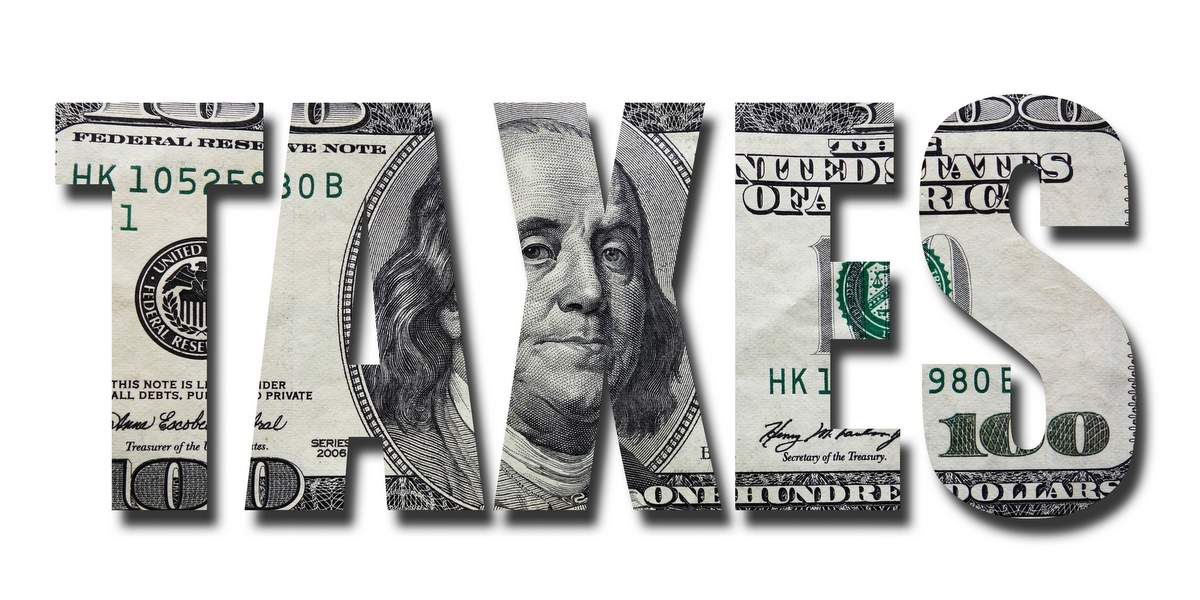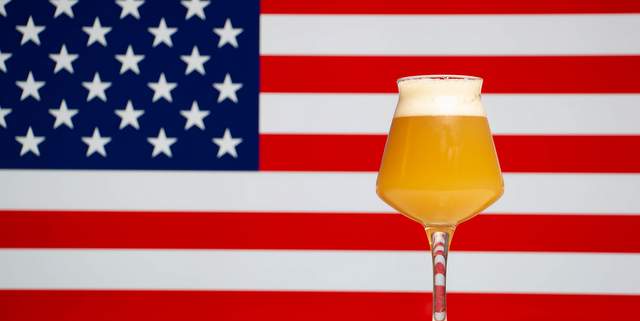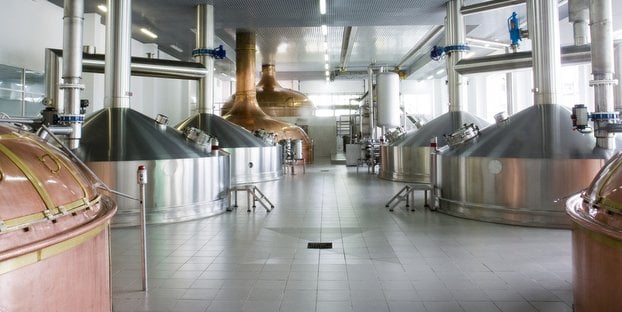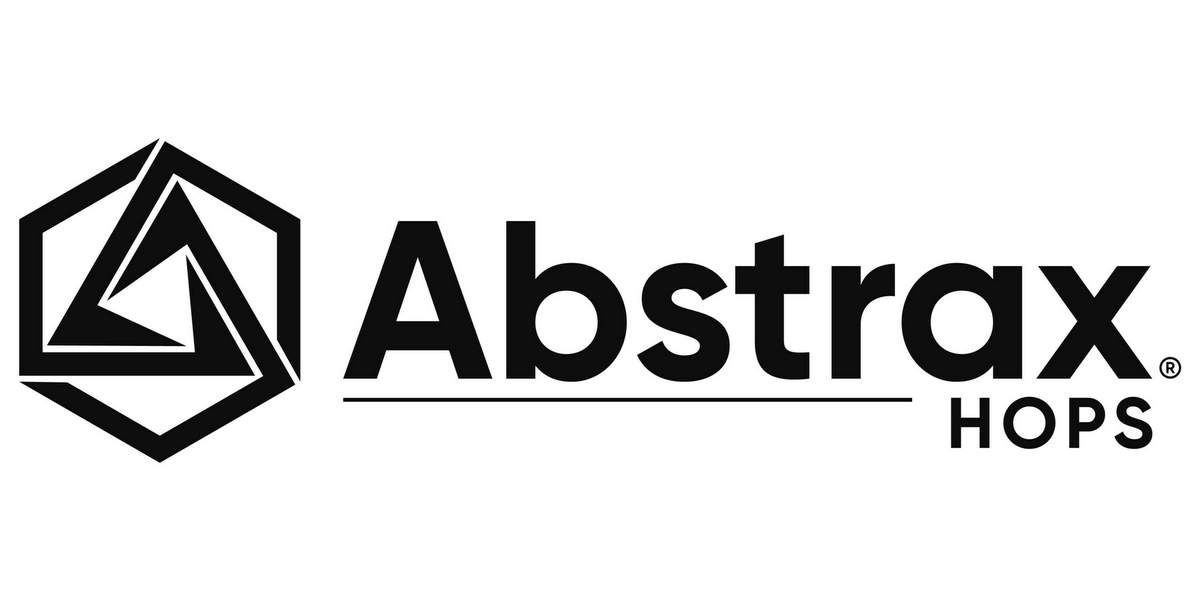
The alcohol industry scored a huge win in 2017 and again in 2019 with the passing of the Craft Beverage Modernization and Tax Reform Act of 2019 (CBMTRA). As the expiration of these cuts approaches in 2025, much of the battle between craft beer and canned cocktails and seltzers will take place in congressional chambers, as opposed to grocery store shelves.
The basics of the Craft Beverage Modernization and Tax Reform Act of 2019
The CBMTRA retained excise taxes of $3.50 per barrel on the first 60,000 barrels for most domestic brewers and $2.70 per proof gallon on the first 100,000 proof gallons for spirit distillers, which originated as part of the Tax Cuts and Jobs Act of 2017. Along with drastically reducing excise taxes, the CBMTRA included relief from complex inventory and recordkeeping rules as well as formulation approvals, which has allowed brewers to focus on what they do best: brewing great beer.
The bill received 68% support by the American public and bipartisan support in both the House and Senate and was passed in December of 2020.
Together, divided

Although the cuts are “permanent,” much of the 2017 tax law expires at the end of 2025.
According to the Brewers Association, overall beer sales have dropped 5.1% in 2023 to 173,056,732 barrels. Much of that decline can easily be attributed to the growing popularity of ready-to-drink (RTD) cocktails and hard seltzers. Approaching 2025, the race is on in the beverage industry to get the biggest and best spot at the negotiating table to pursue narrower interests, including tax matters.
Brian Crawford, the CEO of the Beer Institute, has been transparent with the organization’s intentions to take a deep dive into the tax code and specific provisions that other alcoholic beverage producers are tapping into. In addition, the Beer Institute has doubled down on its efforts to differentiate the craft beer industry and highlight the economic impact in comparison to other alcohol categories with the “Stand With Beer” movement. In addition to propping up the industry’s production and labor statistics, the site specifically denotes a few of the “handouts” that the liquor industry has been given, specifically the Rum Cover-Over and Internal Revenue Code 5010, which allows for a dilution of the effective tax rate if liquor is made with wine and other flavorings, a provision not available to craft brewers.
Conversely, the Distilled Spirits Council of the United States has fired shots in response with its own messaging, “Don’t Buy Big Beer’s Blather,” defending itself as the highest-taxed alcohol segment and accusing the beer industry of attempting to stifle sales of RTDs.

While this may seem like a Capulets and Montagues scenario, there are a few things the two segments agree on. One of those compromises, specifically, is the support of the CHEERS Act, recently introduced legislation that offers tax incentives for qualifying investments in energy-efficient systems, including keg and tap property.
One proposal that would level the playing field, supported by the Tax Foundation Excise Policy Director Adam Hoffer, would be replacing the current category-based taxation system and moving to a more holistic, consistent system based on a beverage’s alcohol by volume.
The Congressional Budget Office itself has ideas to untangle the mess of inconsistent alcoholic beverage taxation. One such proposal would increase all taxes on alcoholic beverages to $16 per proof gallon ($.25 per ounce of pure alcohol) and would be indexed for inflation. Based on a model drafted by the Joint Committee on Taxation, this structure would reduce the deficit by an estimated $6.6 billion in 2023 alone and is projected to reduce the deficit by over $114 billion from 2023-2032.
Looking forward

No two beverages are created equal, and likewise no two taxation models are created equal. As we approach the sunsetting of many Tax Cuts and Jobs Act provisions, the tax code is now on the table for debate. Rest assured that the Beer Institute, the Spirits Council, the Wine Institute and other large players will be lobbying heavily to advance their industry position in an extremely competitive market.
Tim O’Neill, CPA, is a tax senior manager and leader of beverage manufacturing services at Wipfli LLP in St. Louis, Missouri.





Leave a Reply
You must be logged in to post a comment.